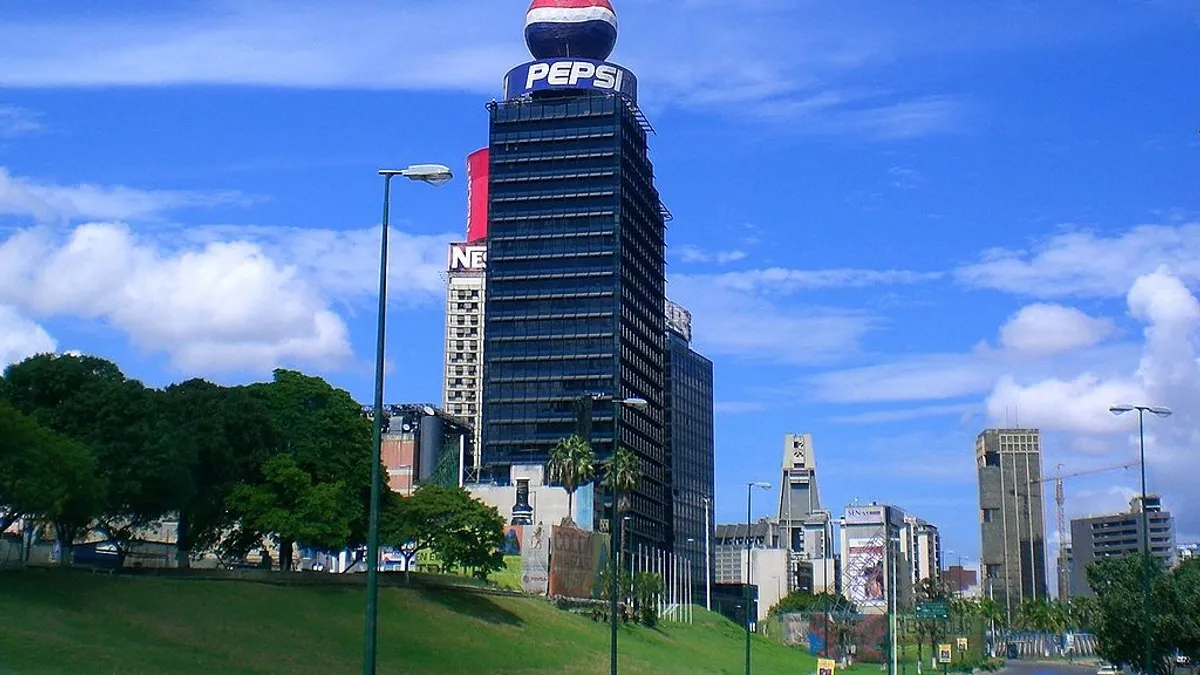Dive Brief:
- PepsiCo extended its global sustainability agenda for another decade in its efforts to direct further growth toward evolving consumer needs while creating shareholder value.
- The company's self-imposed environmental goals are ambitious, including improved water use efficiency and replenishment in high-risk areas; reduced emissions related to agriculture, packaging and transportation; no new landfill waste, and ensuring all its packaging is 100% recyclable.
- Within the parameters of its long-term agenda, suppliers will need to conform to the company's values by following only environmentally responsible agricultural practices, improving crop yields and growers' livelihoods, and respecting human rights. Suppliers must also improve water-use efficiency by 15% in high-water-risk sourcing areas by 2025.
Dive Insight:
Pepsi's push for increased sustainability is an effort to better adapt its products to consumer demands, particularly as international organizations push companies to adopt higher sustainability and health standards.
Last year, the World Health Organization published recommendations for countries to regulate and help reduce sugar intake to below 10% of total energy consumed. In direct response to this, the company announced it would change its products' sugar composition by ensuring 75% of its products include less than 1.1 grams of sugar per 100 calories. After all, it is not in Pepsi's interest to help reduce consumer demands for sugary drinks, but the company can anticipate regulatory effects and take proactive action.
As part of the proactive action, the company is also pushing the sale of its nutritious drink portfolio, which includes coconut water and the Naked Juice brands. The company also partners with Starbucks for distribution of cold coffee, although rival Coca Cola recently announced it would try to steal market share by partnering with Dunkin' Brands.
All in all, PepsiCo's plan is an example for how clear supply and composition guidelines and product diversification can help a company prevent regulatory repercussions as consumer demands shift.













